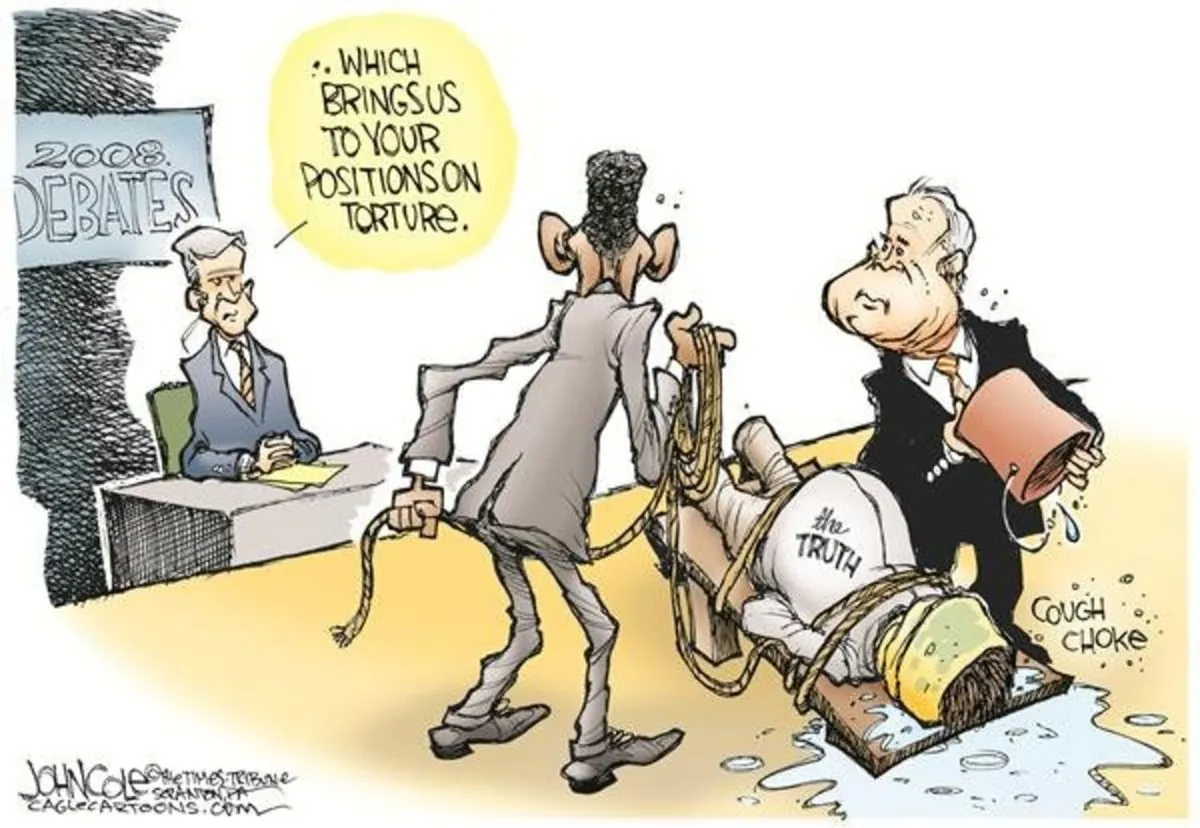The recent vice presidential debate between Kamala Harris and Donald Trump in Philadelphia, the "Birthplace of American Democracy," has sparked a wave of creative responses from America's political cartoonists. The event, which took place two days ago, covered a wide range of topics including elections, immigration, and abortion.
Harris, who made history in 2021 as the first female, Black, and South Asian American vice president, was widely perceived to have delivered a strong performance. Cartoonist Adam Zyglis noted her growing confidence throughout the debate, particularly highlighting her ability to unsettle Trump with comments about his rally attendance.
Trump, the 45th president of the United States, faced criticism for his behavior during the debate. His controversial claims, particularly about immigrants in Ohio consuming pets, became a focal point for many cartoonists. Rick McKee of Cagle Cartoons described this moment as Trump "screaming like a lunatic," which he felt compelled to capture in his work.
The debate also touched on economic issues, with inflation being a key topic. Nick Anderson, a Pulitzer Prize-winning cartoonist, combined this theme with Trump's propensity for making false statements in his illustration.
Fact-checking during debates has become increasingly important in recent years, and several cartoonists praised the moderators for challenging blatant falsehoods. This approach marks a shift from previous debates and interviews where claims often went unchallenged.
The influence of celebrity endorsements on political discourse was also highlighted, with Lisa Benson creating a cartoon referencing Taylor Swift's support for Harris. Swift's political statements have been known to sway young voters, demonstrating the intersection of pop culture and politics.
"He overplayed his hand last night. The pet-eating Haitian bigotry was the last straw. He crossed the line from gaslighting wannabe despot to delusional crank, in front of tens of millions of voters."
Political cartoons, which have been a part of American political discourse since the 18th century, continue to play a crucial role in shaping public opinion. The Pulitzer Prize for Editorial Cartooning, first awarded in 1922, recognizes excellence in this field.
As the November 2024 election approaches, the impact of this debate on swing voters, particularly in battleground states, remains to be seen. The use of social media has significantly altered how political debates are perceived and discussed, with cartoons and memes often going viral and reaching a wider audience than traditional media.
While vice presidential debates typically attract fewer viewers than presidential debates, the Harris-Trump face-off has generated significant attention. As the political landscape continues to evolve, these visual commentaries serve as powerful tools for critique and analysis in the democratic process.
